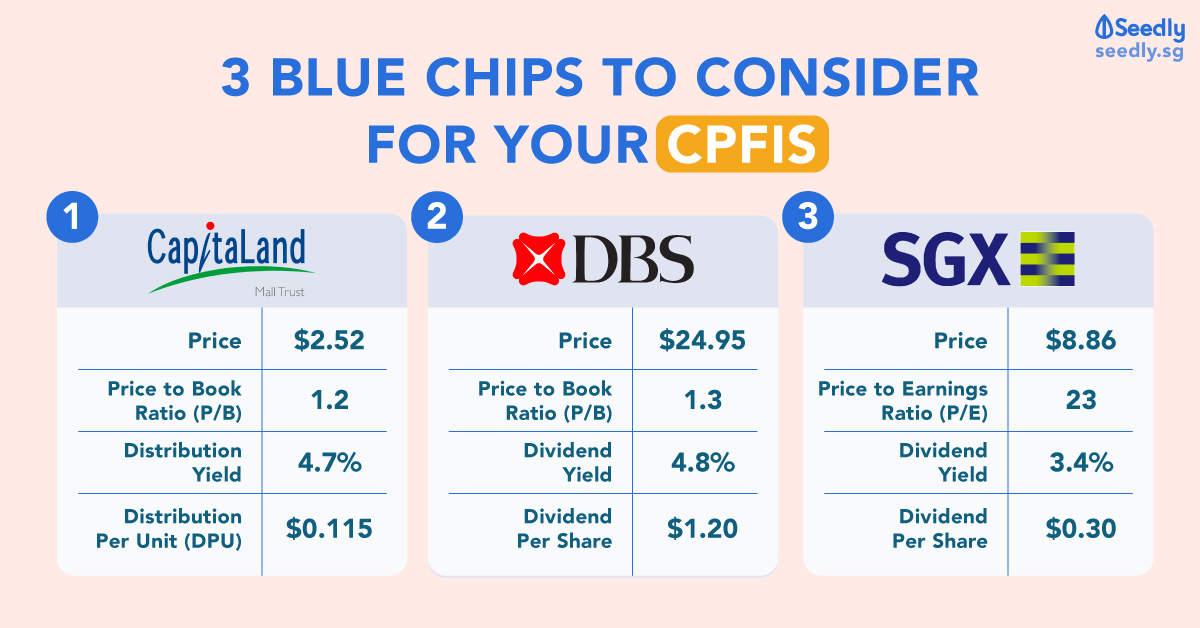Advertisement
Anonymous
From what I understand in 1M65, we are required to put in large amounts of money into our CPF when we are younger. Wouldn't this be difficult to achieve given the expenditure on education or marriage?
I believe that some others are also planning to BTO in around the age of 30. Does this make 4M65 even harder to achieve?
4
Discussion (4)
Learn how to style your text
Elijah Lee
10 Jun 2020
Senior Financial Services Manager at Phillip Securities (Jurong East)
Reply
Save
Hi Anon,
You are right that putting money into CPF takes away our ability to handle shorter-term expenses/goals such as education and marriage. This is precisely due to the lock-in nature of CPF.
CPF is an annuity plan; it is designed to provide for old age by providing income in old age. It hedges the risk of outliving the resources we have planned for retirement.
In summary, you are right since putting money into CPF (an annuity plan) is essentially a trade-off with the ability to handle short term expenses/goals, and vice versa.
Reply
Save
Shengshi Chiam, CFA
10 Jun 2020
Personal Finance Lead at Endowus
CPF management is a very personal issue, we have to weight our personal circumstances and see what i...
Read 2 other comments with a Seedly account
You will also enjoy exclusive benefits and get access to members only features.
Sign up or login with an email here
Write your thoughts
Related Articles
Related Posts
Related Products

Standard Chartered JumpStart Account
4.8
784 Reviews
Maximum Interest: 2.50% p.a. for balances up to S$50,000
INTEREST RATES
$0
MIN. INITIAL DEPOSIT
$0
MIN. AVG DAILY BALANCE

DBS/POSB Multiplier Account
4.3
328 Reviews

OCBC FRANK Account
4.7
213 Reviews
Related Posts
Advertisement











Hi anon,
If you are employed with CPF contributions, then it's not too much of a stretch to say that you won't have to worry about actually putting cash into your CPF since you can let your work contributions flow in. However, to truly achieve 1M65, it does require you to be a bit more prudent on housing expenditure.
Since SA and MA are pretty much untouchable, and I'm also going to assume that you'll leave the excess in SA to continue rolling once you reach 55 (even though you can take it out), then the last factor to determine your CPF balances will be your CPF OA balance.
Probably the biggest debt in our life we will take on is a mortgage, so for you to ensure that there is a decent amount of OA balance, you must be careful with your house expenditure. You can consider things like paying more for your house in cash so that you have a net increase in CPF OA balance every month.
It's important to note that CPF OA allocation rates drop as you age, so while you may structure your loan such that you have an increase in your CPF OA balance of, say, $100/mth, when you cross over to the next age band, you might suddenly find your CPF OA balance stagnating or even dropping.
4M65 would entail investing your CPF OA monies from the start, which would mean that you will likely have to tighten your belt and pay for your house largely by cash. You also need to be able to ride out volatility in the markets. I feel that 4M65, while nice to have, is not mandatory for a decent retirement.